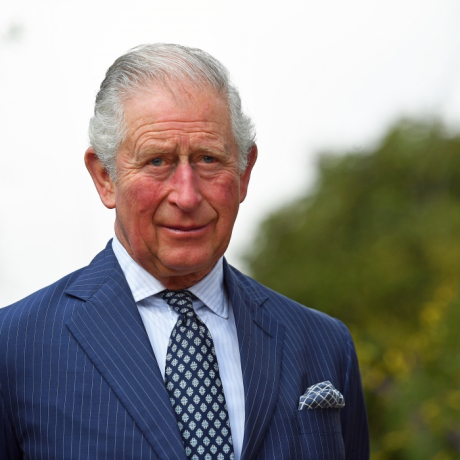The Prince of Wales visits Israel and the Occupied Palestinian Territories
Published

Day 2: The Occupied Palestinian Territories
Today, The Prince of Wales visited the Occupied Palestinian Territories.
In Bethlehem, The Prince visited the Mosque of Omar. Inside the prayer hall, His Royal Highness heard about the history of the Mosque and signed the visitors’ book. The Mosque of Omar is the only mosque in the Old City of Bethlehem.
The Prince then visited the Church of the Nativity for an ecumenical service.
This afternoon, His Royal Highness attended a reception to celebrate the ties between the British and Palestinian people. Addressing gathered guests, The Prince said:
The Prince later met President Mahmoud Abaas at his Official Residence, before visiting a traditional olive grove and fruit orchard at the Carmelite Convent and Sacred Heart Fathers Monastery. In the olive grove, His Royal Highness had the opportunity to see and taste a range of produce including olives and olive oil, olive soap and a selection of seeds.
Following this, His Royal Highness travelled to the Mount of Olives, near the Garden of Gethsemane, in Jerusalem to visit the Church of St Mary Magdalene, as well as his grandmother, Princess Alice’s tomb.
Day 1: Israel
The Prince of Wales today carried out engagements in Israel. After meeting President Reuven Rivlin at his official residence in Jerusalem, His Royal Highness travelled to The Israel Museum to attend a reception for British Holocaust Survivors.
Moving through the Israel Museum, The Prince saw a model of the Second Temple of Jerusalem and the landmark museum roof of the Shrine of the Book. Inside the Shrine, His Royal Highness viewed the Dead Sea Scrolls, ancient manuscripts that were discovered between 1947 and 1956 in eleven caves on the north-western shores of the Dead Sea.
Later this afternoon, His Royal Highness attended the World Holocaust Forum at Yad Vashem. During the forum, The Prince made a speech:
"The Holocaust must never be allowed to become simply a fact of history: we must never cease to be appalled, nor moved by the testimony of those who lived through it. Their experience must always educate, and guide, and warn us."


